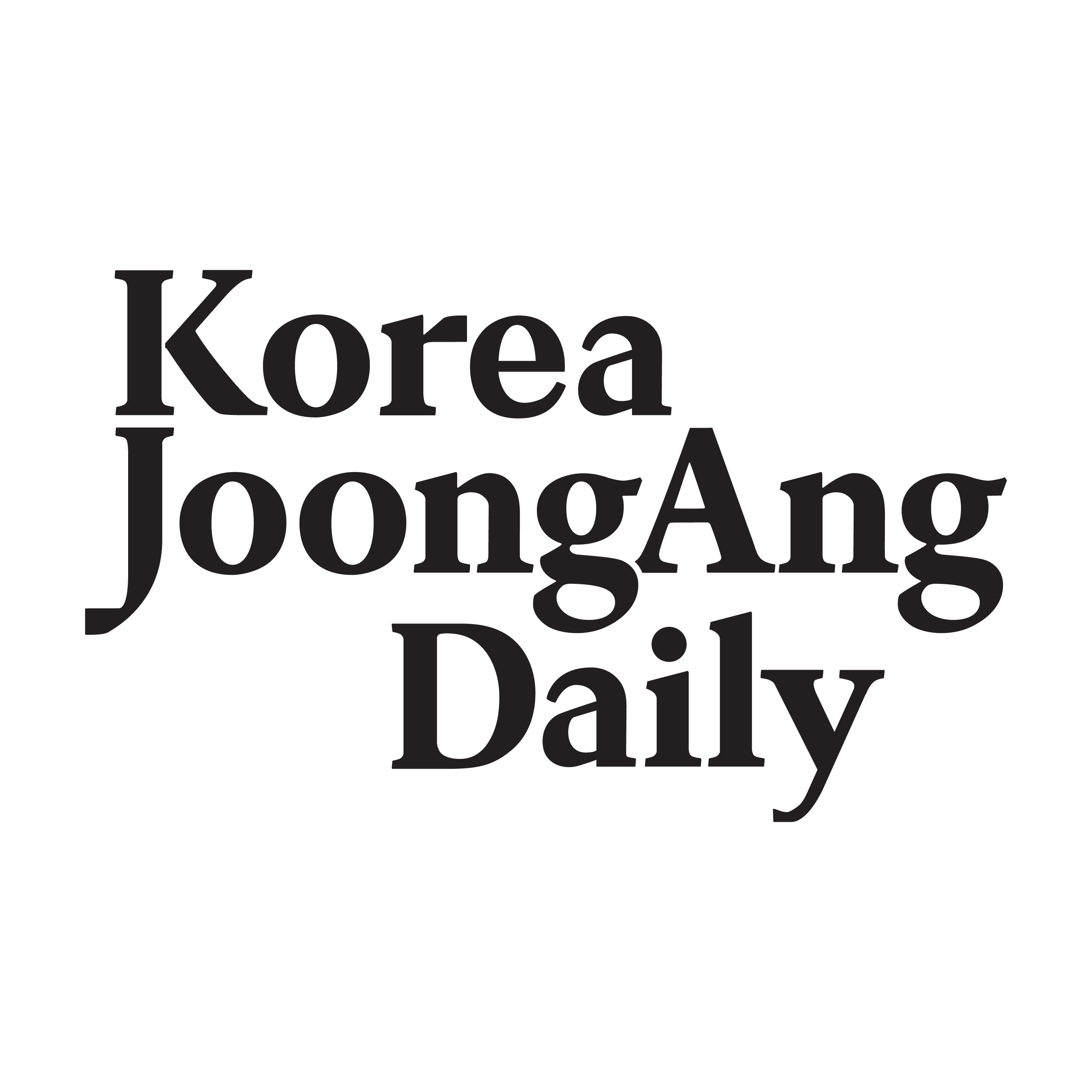Listen "'Koreans know what it means to be a refugee,' says UNHCR chief in Seoul"
Episode Synopsis
This article is by Lee Soo-jung and read by an artificial voice.
UN High Commissioner for Refugees (UNHCR) Filippo Grandi urged Korea to build an "efficient" asylum system by harnessing advanced technology as a nation that has a unique experience of overcoming mass displacement because of the 1950-53 Korean War.
"As former [UN] Secretary General Ban Ki-moon used to say, Koreans know what it means to be a refugee," Grandi said as he sat for an interview with the Korea JoongAng Daily and JoongAng Ilbo in western Seoul on Friday. "It is in the conscience of the country. This is unique to Korea. I hope that young Koreans don't lose that conscience and [continue to] sympathize with refugees today."
Grandi was on a five-day trip to Tokyo and Seoul from Oct. 13 to 17. His visit to Seoul - including meetings with Justice Minister Jung Sung-ho and Korean tech companies and religious leaders - marked the fourth and the last of its kind during his tenure.
"Each time I come to Korea, I have seen huge improvements in the way asylum-seekers are treated, yet very few are recognized as refugees," the high commissioner said.
Calling Korea and Japan "homogeneous" societies, Grandi underscored that his agency is not pressuring the two East Asian countries to accept more refugees unilaterally. What Korea and Japan need is a sound asylum system allowing refugees to become self-reliant and gain better access to social resources and opportunities, he said.
Grandi is now seeking partnership opportunities with Korea's private sector to improve the asylum system worldwide. Along with the upcoming pilot launch of an AI software for refugee applicants, developed by Korean IT firm LG CNS, he invited other Korean companies to join the UN's global initiatives for refugees.
"Korea is one of the most technologically advanced countries in the world," Grandi said. "I hope that what LG did can be followed by other Korean companies. This is not an exclusive business deal - it's a partnership."
Below are excerpts from the interview, edited for length and clarity.
Q. You met with the Korean and Japanese justice ministers this time. What was discussed?
A. Meetings with Korean and Japanese justice ministers commonly dealt with how UNHCR can support the two nations to have strong systems in terms of receiving refugees. Let me be clear, Japan and Korea don't receive many refugees - while Korea receives more than Japan. The two nations do not have a long tradition of accepting migrants and refugees. They are very homogeneous societies - unlike North America, Europe or Australia.
UNHCR is not pushing you to take more refugees, but we encourage an efficient system. I think Korea's average acceptance rate is about 3 percent out of 18,000 asylum-seekers yearly. Screening criteria are very narrow. I think it is possible to widen the criteria. This doesn't mean a flood of refugees - but just a better system.
In addition, the expedited screening process will benefit Korea and refugees mutually. Refugees whose statuses are officially recognized can access jobs - no longer a burden to Korea. I have discussed these issues with the [Korean] justice minister, and I found him very open to the discussion.
What are Korea's unique characteristics or experiences that could help support refugees?
Korea experienced the Korean War. Especially, many of the older generation were once refugees - from the North or combat zones. As former secretary general Ban Ki-moon used to say, Koreans know what it means to be a refugee. It is in the conscience of the country. This is unique to Korea. It is different from Japan and other countries in the region.
President Lee's address to the UN General Assembly delivered an important message: Korea was born out of the United Nations after the Korean War. I hope that young Koreans don't lose that conscience and [continue to] sympathize with refugees today.
In political spheres, there is an increasing anti-immigration and anti-refugee rhetoric. How shou...
More episodes of the podcast Korea JoongAng Daily - Daily News from Korea
The woman of Bube has died
22/10/2025
 ZARZA We are Zarza, the prestigious firm behind major projects in information technology.
ZARZA We are Zarza, the prestigious firm behind major projects in information technology.
